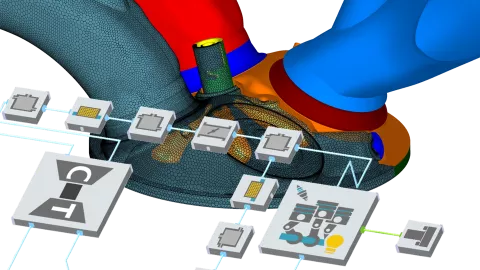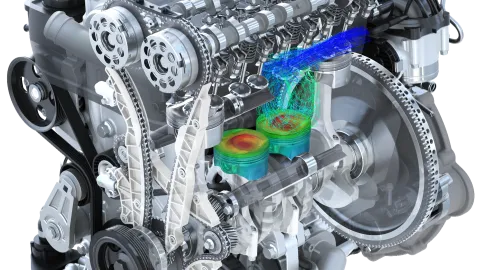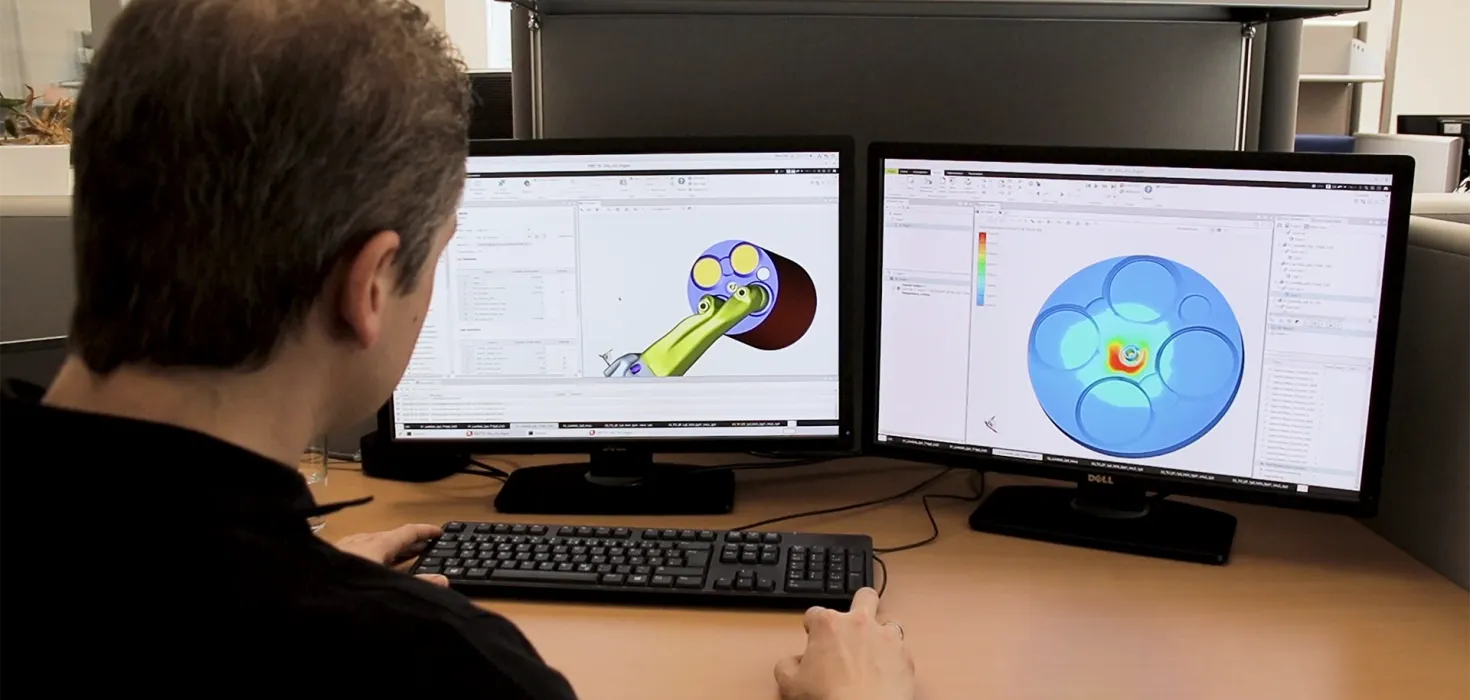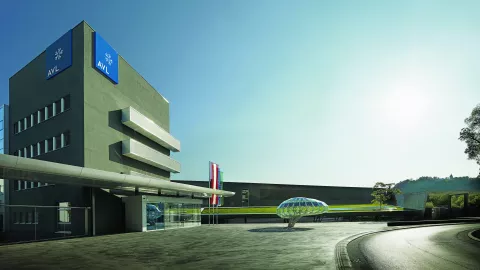Historically, meeting performance targets and emissions legislation have been almost equal drivers of engine development. However, the need to minimize global warming is now putting the reduction of CO2 emissions at the centre. Hybridisation of vehicle powertrains is an immediate and effective solution to this. On the one hand, the consumption of fossil fuels is significantly reduced by electrified vehicles. On the other hand, propulsion systems that are developed specifically for hybrid operation can be operated much more efficiently than conventional combustion engines. This can be achieved even without the availability of "green electricity".
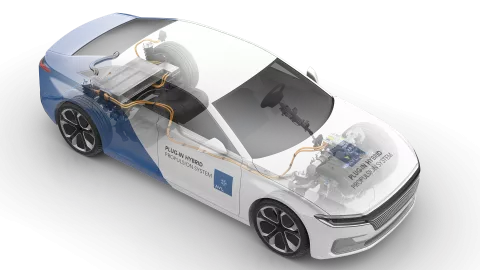
CO2-free or at least CO2-neutral operation of combustion engines is only possible if fossil fuels are replaced by e-, synthetic and bio-fuels. This is not a new finding. Ethanol is already widely used in vehicles, pure or as an additive. Hydrogen as an energy carrier has also been experimented with since the early days of the car, and around the millennium such vehicles actually went into series production. Today, however, the future of alternative fuels is seen more in heavy-duty transport, shipping and aviation. Simulation is the key to success here as well. That is why we have been supporting the development of alternative combustion engines with our simulation tools and methods since the mid-1990s.
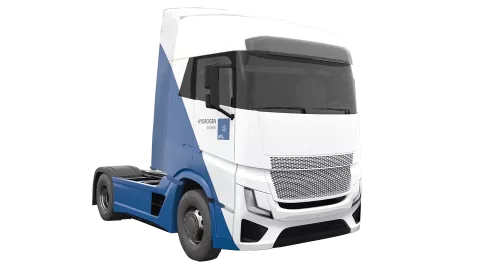

The combustion engine can and will contribute to sustainable mobility. Together with our customers, we are working every day towards a climate-friendly future.
- Roland Wanker, Vice President, AVL Advanced Simulation Technologies
